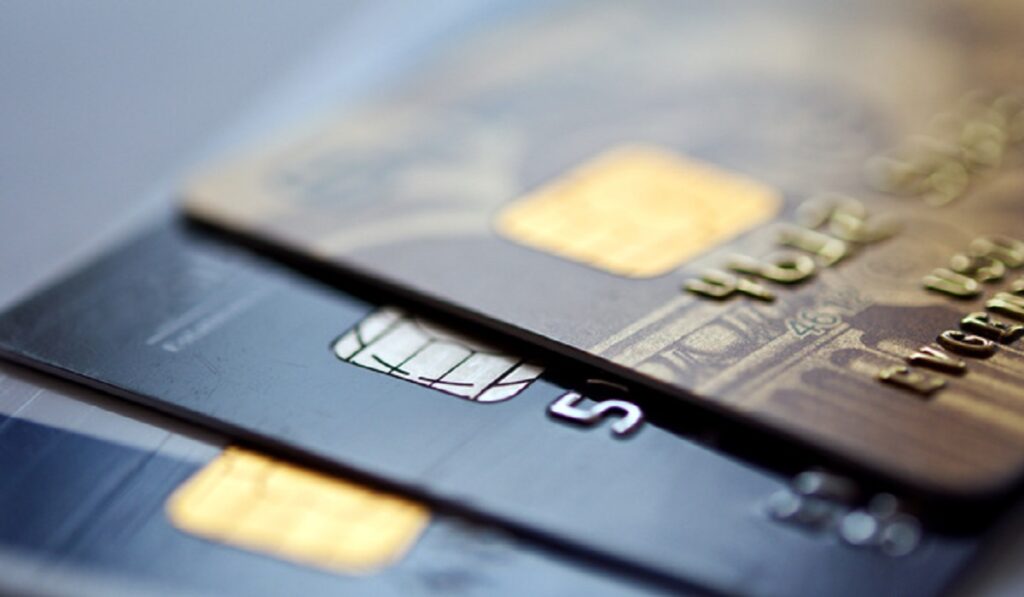What are the differences between a cash management account and a brokerage account and how to make good financial decisions?

Cash Management Accounts (CMA) & Brokerage Accounts are two of the most popular types of accounts when it comes to managing finances and investing. Each account offers unique features and benefits that cater to different financial goals. Understanding the differences can help you make better decisions and optimize your strategies. This article will provide you with valuable information on both types of accounts, including their technical details and general information.
I. Cash Management Account:
A Cash Management Account (CMA) is a hybrid product that combines traditional checking and saving accounts with certain investment features. These accounts are usually offered by financial institutions such as banks, credit unions or other financial institutions. They provide a convenient solution to manage day-today banking, short-term investing and cash flow.
- The CMA has the following features:
- CMAs offer higher interest rates than standard checking accounts.
- CMAs come with both a debit card as well as the ability to write checks, which makes it easier for you to manage and access your money.
- Insurance against bank failure: CMAs have FDIC coverage up to the maximum limit allowed (normally $250,000 per account).
- CMAs provide online bill payments and digital banking services.
- CMAs do not charge any transaction fees. Unlike brokerages, CMAs don’t charge fees when buying or selling investments.
- ATM access: ATM surcharges are reimbursed by many CMAs, so you can withdraw cash without worry.
- Investment Options within a CMA
- Money Market Funds – CMAs will often invest your cash in low-risk funds that offer a modest return, while still preserving your capital.
II. Trading Account:
A brokerage account allows you to invest in various financial assets such as stocks and bonds, mutual funds and exchange-traded fund (ETFs). You can also buy and sell options. Brokerage firms, online platforms for investing, and financial institutions offer brokerage accounts.
- The following are the key features of a brokerage account:
- Diversification of investments: Brokerage accounts provide a variety of investment options that allow you to build a portfolio tailored to suit your risk tolerance and goals.
- Brokerage accounts have the potential to offer higher returns on investment, but also higher risks.
- Brokerage accounts do not have FDIC coverage. The value of your investment can fluctuate depending on market conditions.
- Types of brokerage accounts:
- Individual Brokerage Account (IBC): A personal account that allows for individual investment decisions.
- Joint Brokerage Account (JBC): A joint brokerage account is a shared account between two or more people, usually couples or business partners.
- Retirement Accounts: These are tax-advantaged brokerage account designed to help you save for retirement.

III. Comparison and Considerations
- Liquidity:
- CMAs are a great source of liquidity, as they offer easy access to money through debit cards, checks, and ATM withdrawals.
- Due to the lengthy process of selling investment and settling trades, it may take longer for you to get your money from your brokerage account.
- Risk Tolerance:
- CMAs are aimed at preserving capital and are ideal for those with a lower tolerance to risk or who have short-term financial objectives.
- Brokerage accounts suit those who have a high tolerance for risk, are looking to gain capital over the long term and are willing to endure market fluctuations.
- Purpose:
- Consider a CMA to help you reach short-term financial goals, create emergency funds and have easy access cash for your everyday expenses.
- Use a brokerage account to build wealth by diversifying your portfolios, planning for retirement, and making long-term investments.
The decision between a cash management account and a brokerage account depends on your financial goals, needs and appetite for risk. CMAs are a great option for those who want to combine banking with short-term investments. Brokerage accounts offer greater investment options and the potential for higher long-term returns. Consider consulting a financial advisor for advice on the best option that fits your specific circumstances. Both accounts can be vital to achieving financial success. A well-balanced strategy may be key to optimizing the overall financial strategy.
You need to have a lot of money in order to open either a Cash Management or Brokerage Account.The amount required to open either a Cash Management Account or Brokerage Account varies depending on which financial institution you choose. The requirements to open these accounts can be quite affordable, and you do not need a lot of money.
- Cash Management Account:
- CMAs are offered by many banks and financial institutions with no deposit minimum. CMAs can be opened with just $1, or without any initial deposit.
- CMAs offered by online banks and fintech companies may have slightly higher deposit requirements. These are usually in the range between $100 and $1,000.
- Brokerage Account
- The minimum deposit requirement for most brokerage firms is relatively low. Brokerage accounts can often be opened without a deposit or for a small amount such as $0 up to $500.
- There are brokerage firms that require higher deposits for premium services or specialized accounts, but this is not usually necessary for an average investor.
You should be aware that, while you can open a CMA account or brokerage account for a low initial deposit amount, the ability to achieve your financial goals and invest depends on how much money you put into the account. In brokerage accounts, larger investments will enable you to build a more diverse portfolio and generate higher returns.
Some brokerage firms offer commission-free trades, which allows you to place trades without paying additional fees. Investors with small account balances can benefit from this, as they want to avoid expensive trading costs.It’s important to compare different brokerage firms or financial institutions before opening any type of account. To ensure the account is aligned with your needs and goals, consider factors like fees, interest rates and investment options. Research and guidance from a professional financial advisor are important when making any financial decisions.






